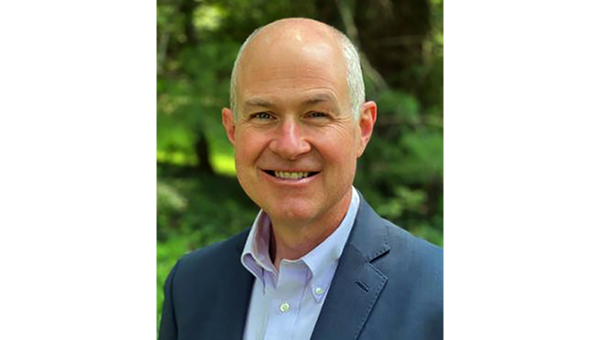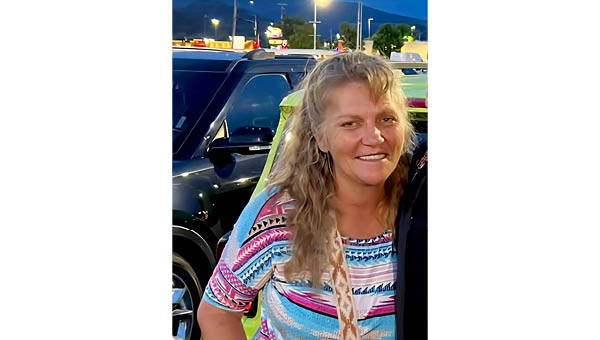Jonas Salk was a pioneer in vaccines, they work
Published 1:53 pm Tuesday, October 26, 2021
|
Getting your Trinity Audio player ready...
|
October 28 is the birthday of Jonas Salk, developer of the Salk polio vaccine. Salk announced his development of a successful vaccine in 1953, the year after a polio epidemic claimed some 3,300 lives in the U.S. Polio deaths were reduced by 95 percent after the introduction of the vaccines.
Salk’s vaccine was the culmination of decades of work to find a cure for polio. For Americans of that generation, the polio vaccine was one that rescued their childhood from fear and the sudden loss of classmates and siblings. It meant children of that era wouldn’t have to worry about polio anymore, would be in iron lungs, and could go back to the swimming pool. It was like a dark cloud had lifted.
The first polio epidemic in the United States began in Vermont in 1894, an outbreak that killed 18 people and left at least 58 paralyzed. Waves of pernicious outbreaks, targeting children, would mar the next half-century. In the country’s worst single year, 1952, nearly 60,000 children were infected and more than 3,000 died. Many were paralyzed, notably including Franklin D. Roosevelt, who would become president and hide his disability. Others were consigned to life in an iron lung, a type of ventilator that encased a child’s body to ease breathing.
Dr. Salk made an ambitious bet that he could develop a vaccine for polio using an inactivated virus, which was killed using formalin. When his trial was successful in April 1955, church bells rang, factory whistles blew. People ran into the streets weeping. President Eisenhower invited Jonas Salk to the White House, where he choked up while thanking Salk for saving the world’s children — an iconic moment, the height of America’s faith in research and science.
American children had been taught for years to dread summer because it so often brought polio outbreaks. A vaccine promised that they could go out and play again, and swim without as much worry.
For those scarred by memories of the polio epidemic, a vaccine against COVID couldn’t arrive soon enough. Many older Americans, particularly vulnerable to the disease, were shut in and separated from their children and grandchildren for much of last year and this year.
The polio vaccine demonstrated how vital it is for the federal government to act in ways deserving of public trust.
Today, with COVID-19 already highly politicized — polls suggest that a minority of Americans will decline to take any vaccine — it is critical to administer an effective vaccine delivery program in a manner that builds trust rather than undermines it.
There are significant differences in the social-political contexts of the era in which the polio vaccine was distributed and today, including the nature and threat of the two diseases and the technologies of the vaccines. But time and again, the COVID-19 pandemic has revealed disconcerting parallels with mistakes made in the past. The good news is vaccination works — no case of polio has originated in the U.S. since 1979.
More and more Carter Countains are getting the COVID vaccine…the tally now stands at just a bit over 35 percent. Just as during the polio epidemic many were skeptical — or outright hostile to getting the vaccine, however, it’s irresponsible to dismiss the mountain of testing reporting around the globe that show pretty conclusively that the coronavirus vaccines are working.
We don’t see how people can ignore the overwhelming good vaccines have contributed to public health. Here are a few facts that even hardened skeptics can’t credibly deny:
— Mumps, chickenpox, measles and the like are rarely fatal for people who have been vaccinated;
— Polio victims used to be common sights for Baby Boomers and Gen Xers. Millenials don’t know polio sufferers today because so few of them exist. That’s because Dr. Jonas Salk’s polio vaccine works.
What we’re saying is this: vaccines work overwhelmingly well. Please go get your shots. They’re free and they can help to protect you and your family from hospitalization and — God forbid — death.





